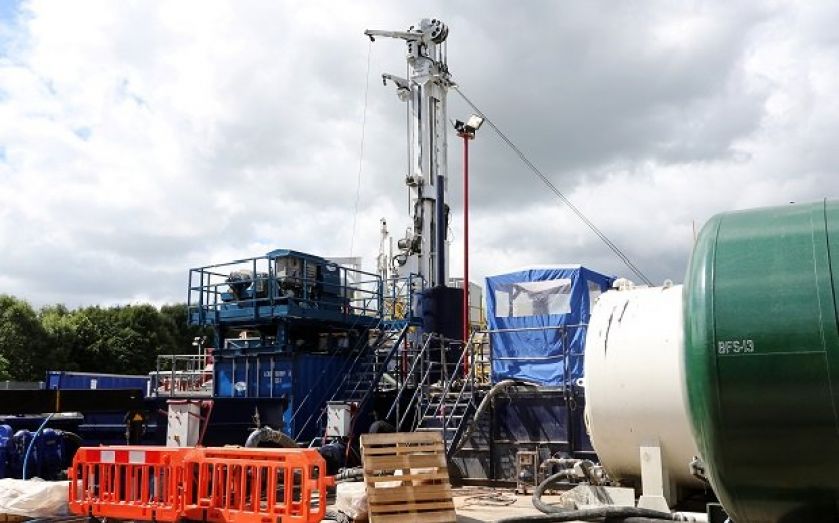Germany edges closer to total ban on fracking

Germany could soon extend its moratorium on the use of fracking to a total ban, reports EurActiv Germany.
The president of Germany's Federal Environment Agency (UBA) Maria Krautzberger, presented the group's fracking-II assessment in Berlin, concluding: "As long as crucial risks related to this technology cannot be predicted and likewise cannot be controlled, fracking should not be used in Germany to extract shale and coalbed gas."
"Fracking is and remains a risky technology. For this reason it requires tight safeguards to protect the environment and health," she added.
The report echoes a recent joint paper published by the German Minister of Economic Affairs Sigmar Gabriel and the Environment Minister Barbara Hendricks, which agreed on a fracking moratorium until 2022. The UBS now supports the transposition of the guidelines into law.
"A central component of the planned changes must be a ban on gas extraction from shale and coalbed deposits by means of an amendment to the Federal Water Act. In addition, an environmental impact assessment and a ban for water protection sites should be enforced for every form of fracking, without exception," Krutzberger said.
Germany's reactionary approach to shale gas is somewhat bewildering given the fact that fracking has been around since 1947, with over 2.5m wells having been fracked since then.
Furthermore, some of wildest claims made against fracking's safety have turned out to be spurious or wildly exaggerated. There has also been an increasing amount of research highlighting the possible environmental benefits of fracking, such as a reduction in deadly PM2.5, which the Environmental Protection Agency (EPA) estimates that PM2.5 is responsible for about 75,000 premature deaths per year in the US.
Last year, the Centre for Policy Studies released a report written by noted physics professor Richard Muller, concluding that air pollution can be mitigated by the responsible development and utilisation of shale gas
Compared to coal, shale gas results in a 400-fold reduction of PM2.5, a 4,000-fold reduction in sulphur dioxide, a 70-fold reduction in nitrous oxides, and more than a 30-fold reduction in mercury, according to the report.
While shale gas is a fossil fuel, most of the world's increases in CO2 are coming from increasing coal use in developing countries. The CPS estimates if their increased energy needs could be met from natural gas instead of coal, global warming could be slowed by a factor of two to three. This would mean that instead of having 30 to 50 years before the world reaches twice the preindustrial carbon dioxide levels we may have 60 to 100 years.
More recently, Michael Shellenberger of the Breakthrough Institute in California highlighted the more pragmatic consensus emerging in the US with regards to shale gas and climate change. Shellenberger argues that caps on emissions and other efforts that make fossil fuels more expensive will fail in a world in which competitive alternative fuels do not exist, especially when billions of people need to consume more, not less, energy.
Former US senators Tim Wirth and Tom Daschle have added their voices to the debate saying It is much easier to persuade electorates to adopt climate-friendly policies when they benefit from them than when the policies impose costs.
“Such a shift would change the psychology of the climate change issue from one of burden to opportunity, and change the likely outcome from one of hand-wringing about failure to excitement about tangible action to build a better world," Wirth and Daschle argue.
Despite the ever growing coalition amongst environmentalists, economists and politicians to support the exploitation of shale through fracking Germany appears to be holding as firm as ever against the tide.